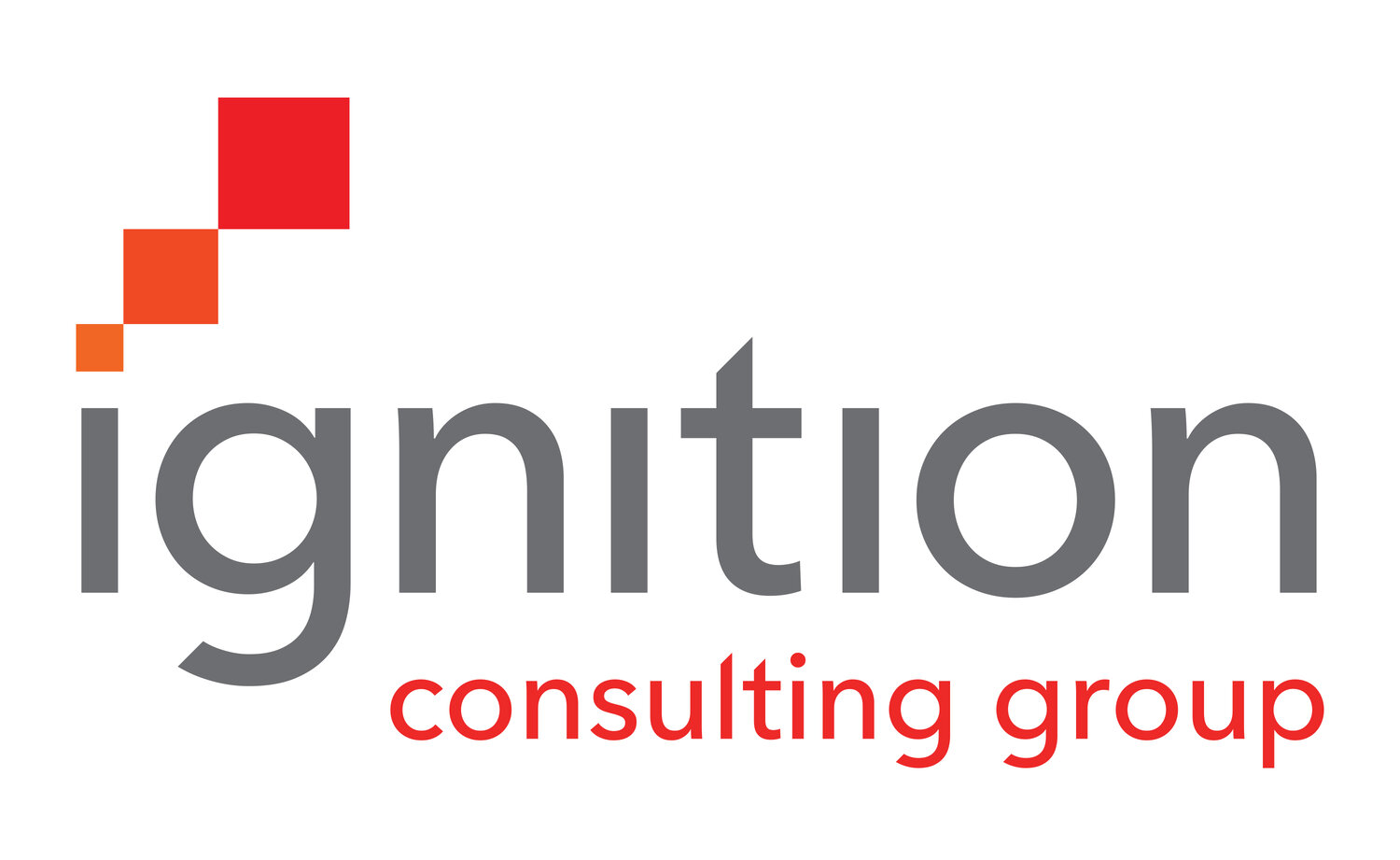Workshop: How Productized Services Can Create a Scalable Business Model for Your Firm
A sustainable model for adding revenue without having to add staff
Workshop presented by Ignition’s Tim Williams
The agencies that are winning in today’s challenging economy aren’t just those with the best reputations, but rather those with the most innovative revenue models. Whereas most other modern businesses have diversified revenue streams, agencies simply have a schedule of hourly rates. They have a self-limiting inventory of hours they sell to their clients, which places a self-imposed ceiling on both income and profits.
In this new workshop from Ignition Consulting Group, Tim Williams shows how agencies can move from offering a commonplace bullet-point list of services to a set of productized services, each of which is designed to solve an important client business problem. Most existing agency competencies can be reimagined as programs or products, which are more scalable, more repeatable, and ultimately more profitable than labor-based services.
The result is a profit margin that will allow agencies to compete more effectively with other businesses for top talent, the lifeblood of our business. Beyond healthier salaries, moving to a productized business model can produce a host of other beneficial effects for the agency:
Products immediately change the focus from inputs to outputs. Instead of a circular conversation with clients about number of people and number of hours (the by-product of the hourly rate system), you’ll be talking with your clients about what they really buy: actual deliverables and program elements.
Because they are repeatable, productized programs provide reliable information for forecasting, allocating and managing internal resources.
A productized service offering enables faster forecasting, faster delivery, and reduced costs in the area of scope management
A product-led business creates a genuinely scalable business model. Under the hourly rate system, firms are limited to linear growth; increasing revenue requires increasing staff. But productization opens the door to exponential growth, where the firm is able to add to its profit pool by leveraging the intellectual capital that already resides in the firm — growth achieved in the same way as other modern businesses that are not tethered to the concept of billing for time.
The costs of administering programs (versus clients incessantly picking and choosing individual services) are much lower, which significantly reduces the overall cost of governance of the client relationship.
Moving away from the labor-based compensation approach means senior people can deploy their talents without the constant worry of being “billable,” which results in a higher degree of professional satisfaction.
Finally, productization presents a significant competitive advantage. A unique suite of high-value programs presents your firm as a unique choice in the marketplace, which helps accomplish the ultimate goal of productization: premium pricing.
To achieve healthy growth, agencies must move away from the “work a million hours, earn a million dollars” compensation structure and instead build a revenue model that allows the organization to scale its talent, expertise, and intellectual capital the same way other types of business do. This workshop shows how.
Who should attend?
Every professional who deals with the question "How much will this cost?" from a client, or who has direct or indirect responsibility for determining pricing will benefit from the content of this workshop.
About the presenter
Tim Williams is founder of Ignition Consulting Group, a leading U.S.-based consultancy devoted to helping agencies and other professional firms create and capture more value. Tim is a noted author, international speaker, and presenter for major associations, networks, and business conferences worldwide. He is author of two books on business strategy and has authored numerous articles in leading marketing and business publications. Tim writes the popular blog “Propulsion” and was selected by LinkedIn as a global LinkedIn Influencers in the area of marketing. As a consultant to agencies, law firms, accounting firms and other professional services, Tim has worked with hundreds of firms ranging from mid-size independents to multinational networks in North and South America, Europe, Asia, and Australia. Before forming Ignition, Tim worked at global agencies in New York and elsewhere, and more recently served as president of several successful mid-sized firms in the United States.



